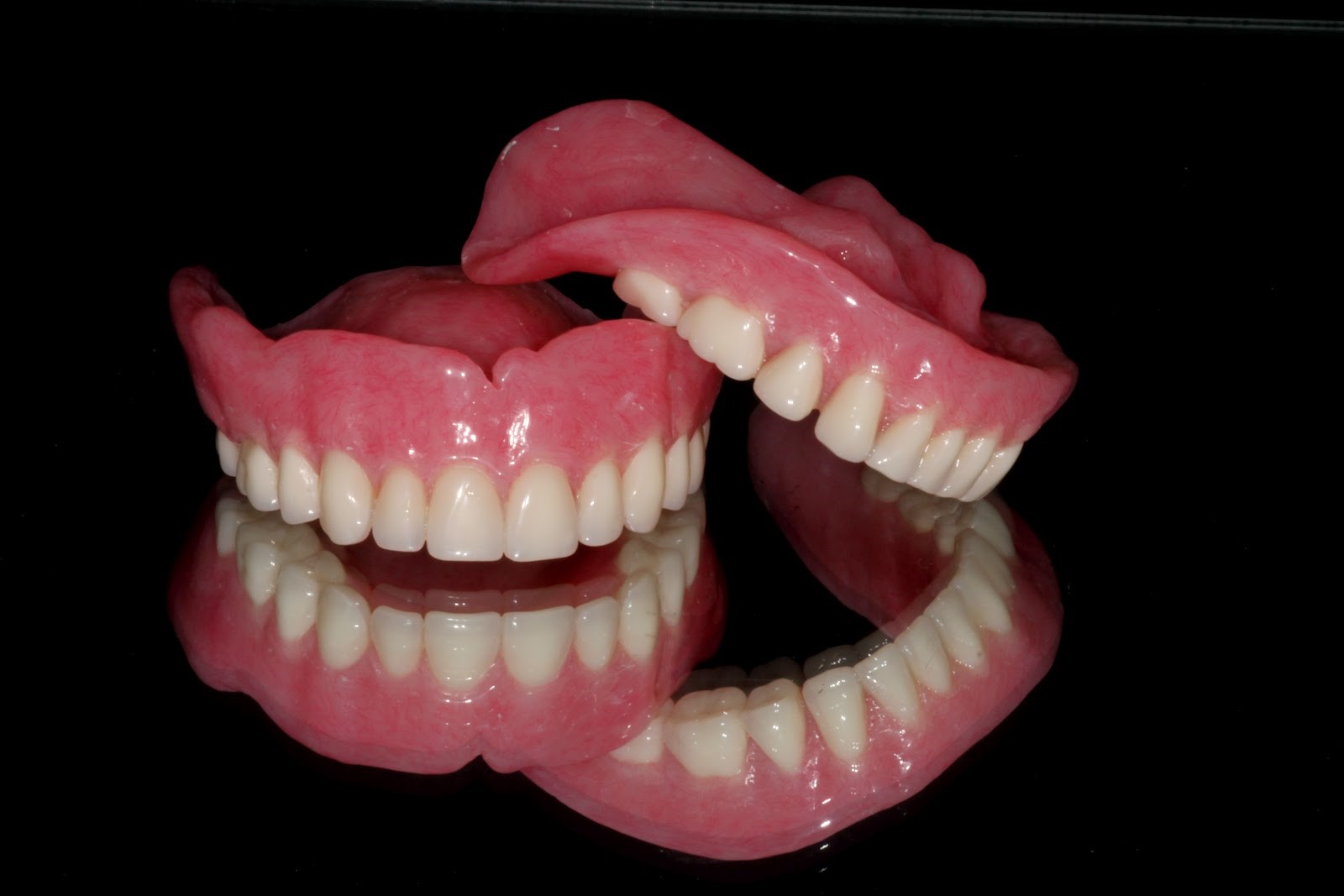Speaking with dentures
Learning how to talk with dentures might take some time but it will become second nature with practice. Some of the words and sounds may take longer to master than others – especially those that include the letters “s” and “f”.
Dentures can also change the sound of your voice in your head. Your voice travels through vibrations in the skull and teeth can amplify this vibration. Do not worry though – this change should only be heard by you.
It’s important to remember that you are not alone in your struggle – difficulty speaking is common for new denture wearers.
With practice and repetition, you will speak with confidence in a short time.
- Practice at home
Talking to others can be a daunting during the initial adjustment period. Talking loudly in front of the mirror can significantly help when first getting used to the feeling of false teeth in your mouth.
Reading a part of one of your favourite books and listen to how the words sound. Again, these words may contain the letters “s” and “f”. Take your time with these words and recite slowly.

- Speak slowly
We are so accustomed to speaking in everyday life we often end up talking much faster than we realize. It is a habit that evolves over the course of your life – and one that can be difficult to break.
Slowing down your speech is one of the best things you can do to avoid trouble when speaking with dentures. This can reduce the sound of clicking or other unwanted noise and help you keep your dentures in place.
- Record your voice
Recording your voice can help you hear what your friends and family hear when you speak. Recording yourself gives you a new perspective so that you can more easily hear what you’re doing right and what words might need some work. For more information on Dentures Southend on Sea, visit a site like Hockley Dental, a leading Southend on Sea Dentures provider.
- Speak with family and friends first
Once you have built up a bit of confidence, we recommend asking close family members or friends to talk to you personally. Many times, the anxiety of our patients with dentures comes from the fear of talking with colleagues, clients, and acquaintances.
Practicing with people you trust can build your speaking skills and confidence in a short time. A friend or a family member can also offer valuable feedback that you may not hear from people who you don’t know as well.
- Bite and swallow before talking
Bite and swallow before speaking will tug your dentures back into place to reduce the risk of them slipping or falling. This is a great habit to get into, especially during the first few months of wearing dentures.

- Use denture adhesive
If you are not wearing dentures over implants, denture adhesive can make a big difference to keeping them safer in your mouth.
Practice makes perfect
With practice and good habits in the early days of wearing dentures, you will speak with confidence in a short time. Be patient with yourself and care for your dentures.

